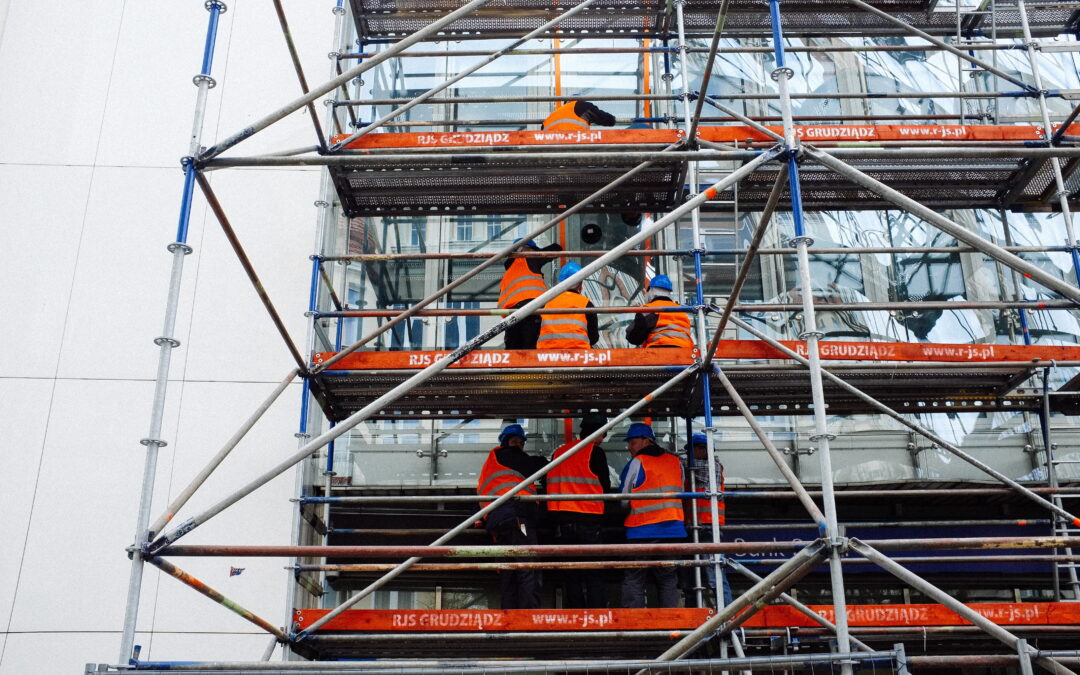Poland’s government has announced plans for a record rise in the minimum wage next year, with the figure set to increase by over 23% between now and July 2024.
The current monthly minimum wage stands at 3,490 zloty (€781.37) gross, which is already due to increase to 3,600 zloty from 1 July. Yesterday, the cabinet approved a proposal for that to rise to 4,242 zloty in January 2024 and then to 4,300 zloty in July 2024.
Meanwhile the hourly minimum wage – which is currently 22.80 zloty (€5.10) and will rise to 23.50 zloty on 1 July – would increase to 27.70 zloty in January 2024 and 28.10 zloty in July 2024 under the government’s proposal.
📸 W #KPRM odbyło się posiedzenie #RadaMinistrów pod przewodnictwem Premiera @MorawieckiM. 🇵🇱 Przyjęto między innymi – wzrost płacy minimalnej:
✅ od 1 lipca br. do 3600 zł;
✅ od 2024 roku płaca minimalna powyżej 4 tys. zł. pic.twitter.com/U3C3KMwahQ— Prawo i Sprawiedliwość (@pisorgpl) June 13, 2023
In normal times, the minimum wage only increases at the start of the year, but when inflation is above 5% there is a statutory requirement for it to rise twice a year. The government forecasts inflation of 12% this year and 6.6% next year.
Its proposal still needs to be discussed with the Social Dialogue Council – a state body that brings together trade unions and employers’ associations – before being finalised. The All-Poland Alliance of Trade Unions (OPZZ) has already called for an even bigger hike, with a minimum wage of 4,540 zloty by July next year.
However, even the government’s currently proposed increase – which would see the minimum wage rise 23.2% above its current level by July next year – would be a record high, note analysts at Pekao, Poland’s second-largest bank. Only once this century, in 2008, has it risen by more than 20%.
In year-on-year terms, the rise would be 21.5% between January 2023 and January 2024 and 19.4% between July 2023 and July 2024.
Rok 2024 przyniesie rekordowo wysoki wzrost płacy minimalnej – o 23,2% wobec stycznia 2023. Jej podwyżkę o >20% widzieliśmy w XXI wieku tylko raz, w 2008 roku. W przyszłym roku płaca minimalna ponownie wzrośnie w dwóch krokach – do 4242 zł od stycznia i do 4300 zł od lipca. pic.twitter.com/z04PTTAtiT
— Analizy Pekao (@Pekao_Analizy) June 13, 2023
An estimated 3.6 million people will benefit from the increase, which will provide them with an additional 18 billion zloty, according to family and social policy minister Marlena Maląg.
That will provide relief to households that have recently been facing the highest inflation in over 25 years, which reached a peak of 18.4% in February. Though inflation is now slowing, it is forecast to remain at double-figure levels for the coming months.
However, economists also note that such a large minimum wage rise will itself stoke inflation to some degree. But, adds Łukasz Kozłowski, chief economist at the Federation of Polish Entrepreneurs, it is unlikely to have an impact on unemployment given Poland’s “serious labour shortages”.
Inflation in Poland slowed to 13% this month, its lowest level in over a year, according to a flash estimate.
The figure was down from 14.7% in April and a peak of 18.4% in February. The Polish Economic Institute experts single-digit inflation by October https://t.co/zyPtUhpnQP
— Notes from Poland 🇵🇱 (@notesfrompoland) May 31, 2023

Daniel Tilles is editor-in-chief of Notes from Poland. He has written on Polish affairs for a wide range of publications, including Foreign Policy, POLITICO Europe, EUobserver and Dziennik Gazeta Prawna.




















